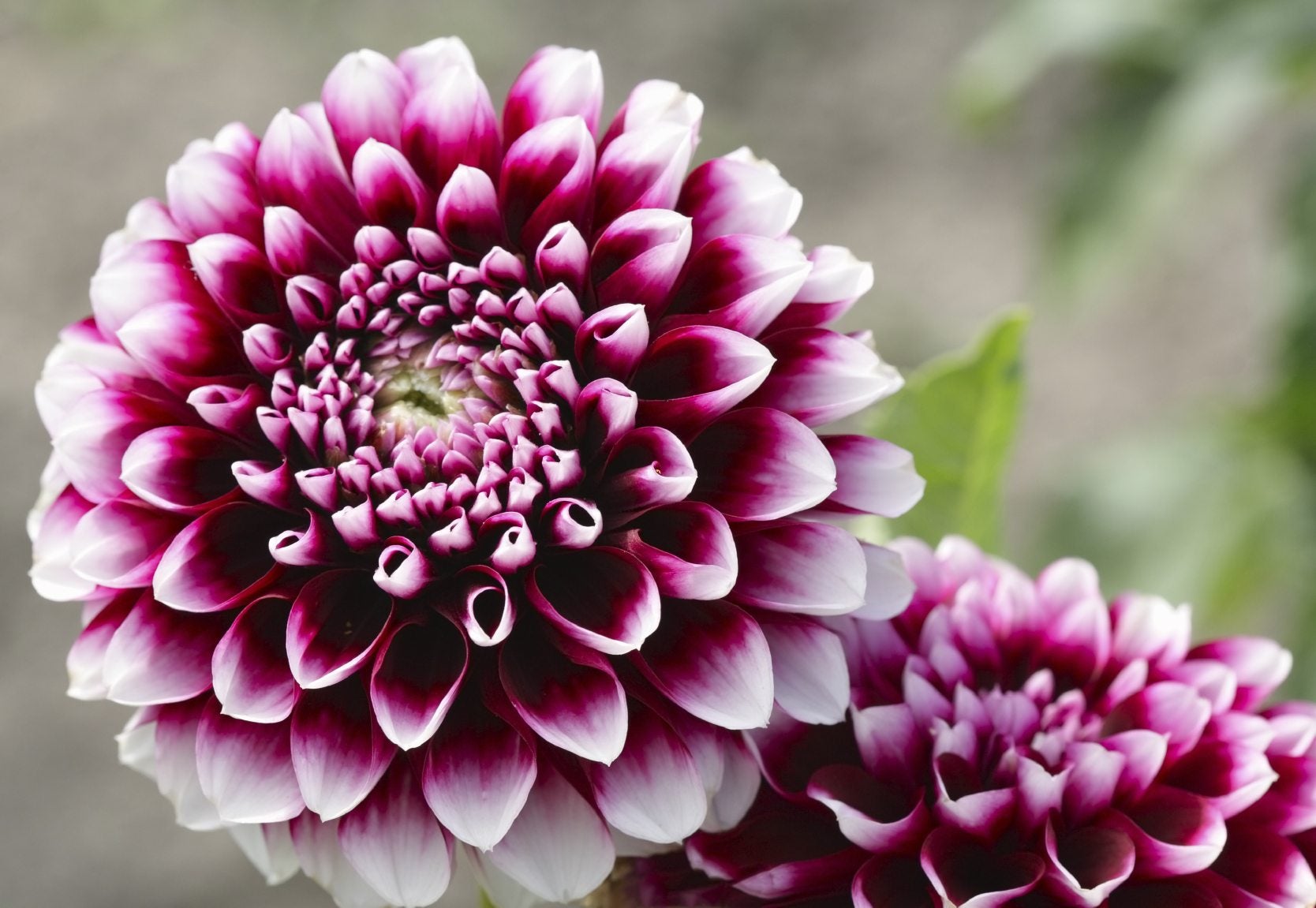Dahlia Plant Types: What Are The Different Varieties Of Dahlia


Sign up for the Gardening Know How newsletter today and receive a free copy of our e-book "How to Grow Delicious Tomatoes".
You are now subscribed
Your newsletter sign-up was successful
There are 42 species of dahlia but innumerable hybrids. These Mexican flowering bushes are popular for their diversity of size and form. Dahlias are classed by their flower type and size. There still may be uncountable hybrids and cultivars within each class but at least it helps group them in an organized system. There are six dahlia varieties and seven form classes. Varieties of dahlia are divided by size and classes by flower shape. Read on to learn more.
Dahlia Plant Types
If you have ever been to a county fair, one of the biggest attractions is often the dahlia building. Here you can see a vast array of dahlia plant types, represented by their flowers. Serious collectors and hobbyists breed specific forms in an attempt to outdo each other on size and spectacle. The results are an ocean of color with amazing forms across the area. The different types of dahlia are astounding and mind numbing in their excess. The only way even expert growers can keep them all straight is by ordering the types of dahlia flowers into groups. The actual appearance of a dahlia plant is very similar among species. Most are small to large bushes with deeply cut leaves that stem from tubers. Plants require sun, well-drained soil, plenty of water, and good air circulation. Once you start trying to tell the difference between the species and hybrids, all other similarities become more vague. Dahlia varieties are divided into flower form classes. These indicate the shape of the flower and occasionally the character of the petals. The other method of separating the varieties of dahlia is by delineating by flower size. This method is a quick and fairly unsophisticated way to tell a class just by eyeballing the blooms.
Flower Form Classes
This way of dividing the species is poetic and requires observation.
- Decorative types may be informal or formal and bear blooms thick with petals that are usually flat but may be rolled.
- Pompoms and balls are just what they sound like. Round ball-shaped flowers with double flat spirally arranged petals. The ray petals are blunt and may be quill-like.
- Cactus types of dahlia flowers are one of the showiest. These blooms have incurved or rolled petals that are nearly straight. The effect is almost of a starburst.
- A broad class is the singles, semi-doubles, colarettes, and anemones. Each has a star-like appearance with flat petals and a distinctive disc.
- Orchid and peony are open centered flowers with one or more rows of ray flowers around a disc.
- Blooms with creased petals are in the stellar class and those with a closed center and flat, broad rows of ray florets are in the waterlily designation.
Flower Size Classification
Another way to order the different types of dahlia is by using their bloom sizes.
- The biggest flowers are in the giant category and may get nearly 10 inches (25 cm.) in diameter.
- The large flowered category gets just under this size at 8 inches (20 cm.).
- Medium flowered varieties are just under 8 inches (20 cm.) while small flowered varieties may one grow 4 inches (10 cm.) in width.
- There are also miniature at 1 ½ to 4 inches (4-10 cm.) and pompoms, which grow less than 1 ½ inch (4 cm.) in diameter.
Each of these is also divided into the cactus, colarette, or anemone, orchid, waterlily, stellar, and ball distinctions. In this way, the explosion of hybrids can be set into their individual class for an easier understanding of their origins and parent. This becomes extremely important for growers and those competing in breeding competitions. For those of us that simply enjoy the magnificent flowers, it is a fun way to describe some of the original forms of the amazing dahlia.
Sign up for the Gardening Know How newsletter today and receive a free copy of our e-book "How to Grow Delicious Tomatoes".

Bonnie Grant is a professional landscaper with a Certification in Urban Gardening. She has been gardening and writing for 15 years. A former professional chef, she has a passion for edible landscaping.